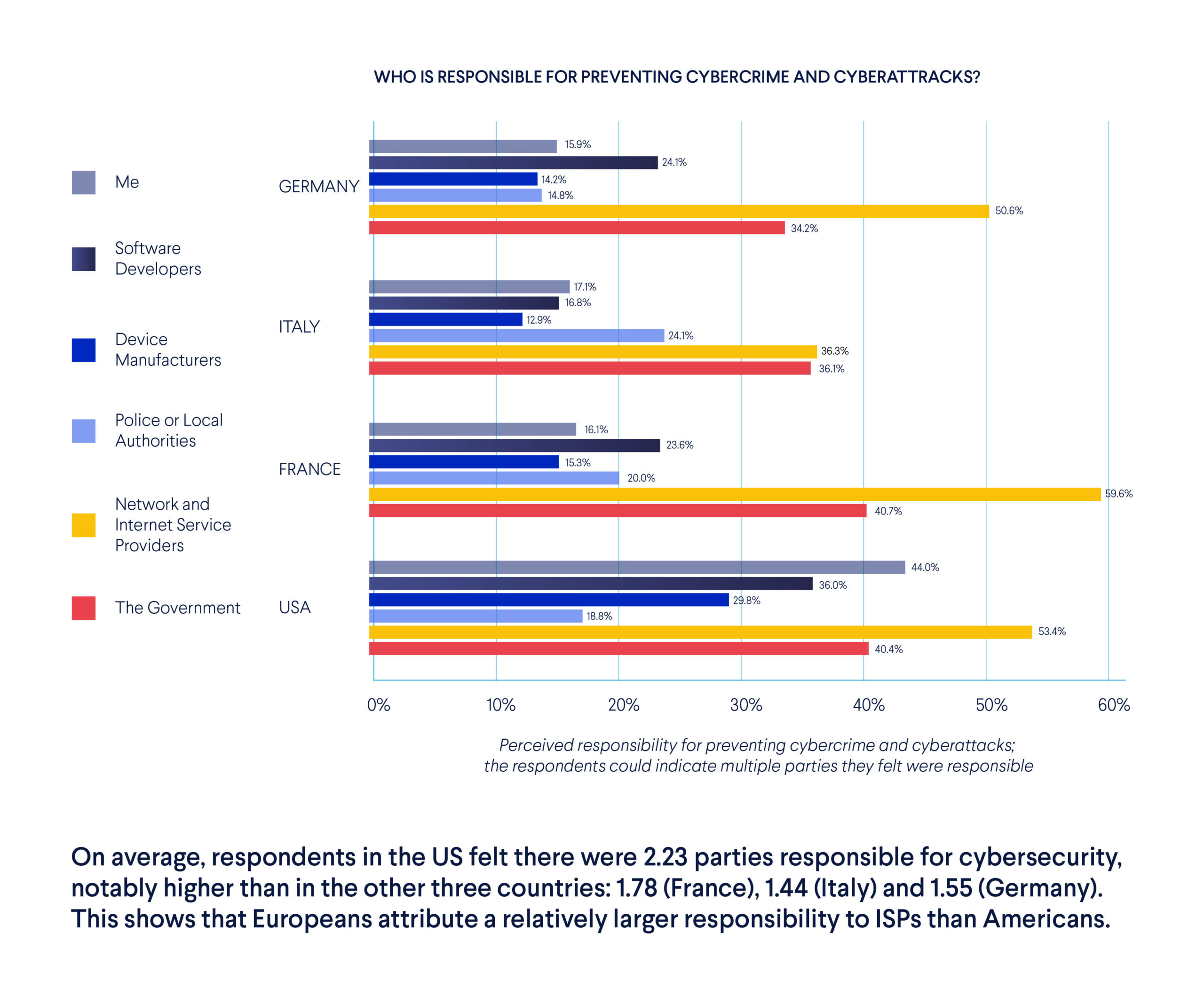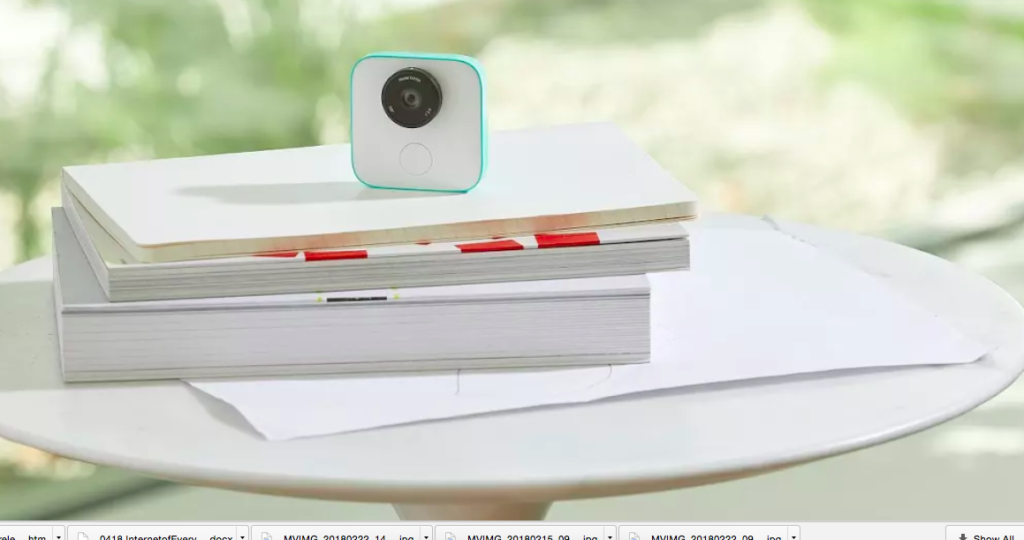Details about how the U.S. government plans to disperse $39 billion in funding for chips was announced this week, so we discuss the details and what the funds mean for the IoT. Mobile World Congress took place in Barcelona this week, and amid the news about 5G networks there were several IoT-related bits worth mentioning such as Qualcomm outlining plans for millimeter-wave spatial sensing and Wi-Fi 7 updates. In satellite news, Qualcomm announced that its upcoming 5G modems would have satellite capability, and said several phone companies would use it to add emergency text messaging. Those modems will also find homes in IoT devices. Deutsche Telekom also announced satellite capability on its network thanks to a partnership with Intelsat and Skylo. Then we discuss whose responsibility it is to secure the smart home, and what you think depends on where you live. And in smaller news, we cover a new chip that provides wireless power for wearables, wireless security cameras that don’t use batteries, an update on the Google Nest deal with ADT, and the launch of fall detection on Pixel watches. Plus, I get salty about Google’s Fitbit acquisition. Finally, we answer a listener question about how to help someone in assisted living notice they have a phone call.

Our guest this week is Paulus Schoutsen, founder of Home Assistant, the DIY, open source smart home platform. Schoutsen explains why this year is the “year of voice” for the platform and how to build an AI for users to speak in their own language for triggering automations (all without sharing data with third-party providers). He also shows off two new features; the first is using a HomePod to talk to Google Assistant over Home Assistant, and the second is using a generative language model like ChatGPT over a HomePod to create stories. We also talk about Matter and Home Assistant’s plans for a smart speaker or voice-capable device, as well as why you can’t easily buy Home Assistant Yellow, a pre-packaged box that already has the radios and software a beginner needs to run Home Assistant. It’s a good show.
Hosts: Stacey Higginbotham and Kevin Tofel
Guest: Paulus Schoutsen founder of Home Assistant
Sponsors: InfluxData and Silicon Labs
- Childcare, chips and government grants
- Mobile World Congress goes heavy on LPWANs and satellites
- Smart home security is your responsibility if you live in the U.S.
- Why your older gear may never get promised Matter support
- Bowser takes on Minecraft in a demo of AI chat via a HomePod Mini
Podcast: Play in new window | Download | Embed
Subscribe: RSS

